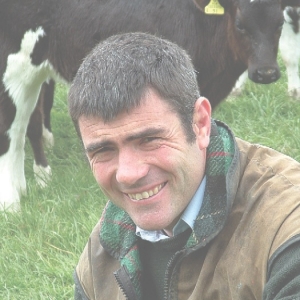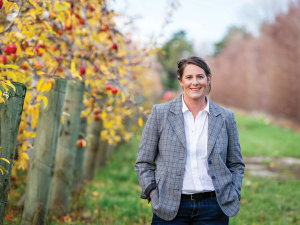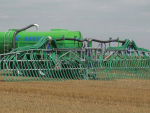The target to double New Zealand primary exports is a stated target of MPI which Guy has reiterated a number of times since taking office. “So how will it be achieved? The Primary Growth Partnerships (PGP) with be a big part of that,” Guy told Rural News.
Over $650 million will be invested in PGPs over seven years, with government meeting 50% and industry putting up the rest. “What we know is if all these returns are realised from the PGP, it is worth about $7 billion. Each $1 investment – 50cents from each industry and and 50c from government – will return about $11 over about seven years.”
Maori agribusiness potential, which will require some MPI investment, is worth about $8 billion annually according to a report he released recently. For example, in a small project in which soil analysis was done on 240ha of Maori land, “it was coming through clearly that there are opportunities with manuka honey which is very lucrative in China,” Guy says.
Maori agribusiness has an opportunity to use the New Zealand story for marketing, and work is being done on this by New Zealand Trade and Enterprise, Foreign Affairs and MPI.
“They are getting very good succinct New Zealand stories that companies can use. A bit of it is indigenous and a bit on biosecurity, safety standards, beautiful landscape and a bit about New Zealand people.” More will become public about the initiative later this year.
“We hope businesses can use that with their products to showcase them internationally – a nice piece of work that links in with opportunities for Maori business.”
$8.8 million has been awarded to the Sustainable Farming Fund for a number of projects that will eventually lift productivity as well, Guy says.
“We know if we can lift the average New Zealand farmers into the top quarter then that’s worth about $3 billion in exports a year. A 1% productivity gain by New Zealand farmers is worth about $4 billion in exports a year. There are huge opportunities…. That links into the Lincoln hub and why we made that announcement, because we believe we can get much greater synergies from having the 900 best scientists in one place working together… fewer silos, more collaboration. There’s early indication the private sector is keen to come in there as well.
“So it’s important when you look at the growth of dairying to have a strong campus in the middle of the South Island. Lincoln University historically has done well and we wanted to ensure its future and viability.
“The important thing to lift productivity will be capability and skills and that’s where the Lincoln hub, Massey and the ITOs like Taratahi play an important role in making sure we can attract our youngest and brightest to primary industries.”

















